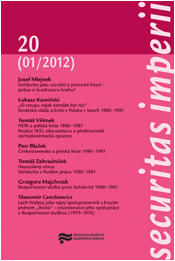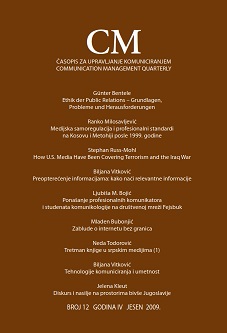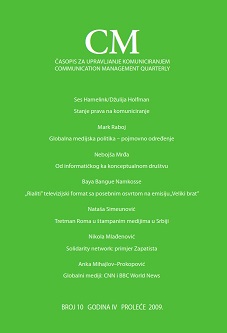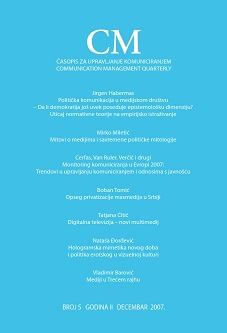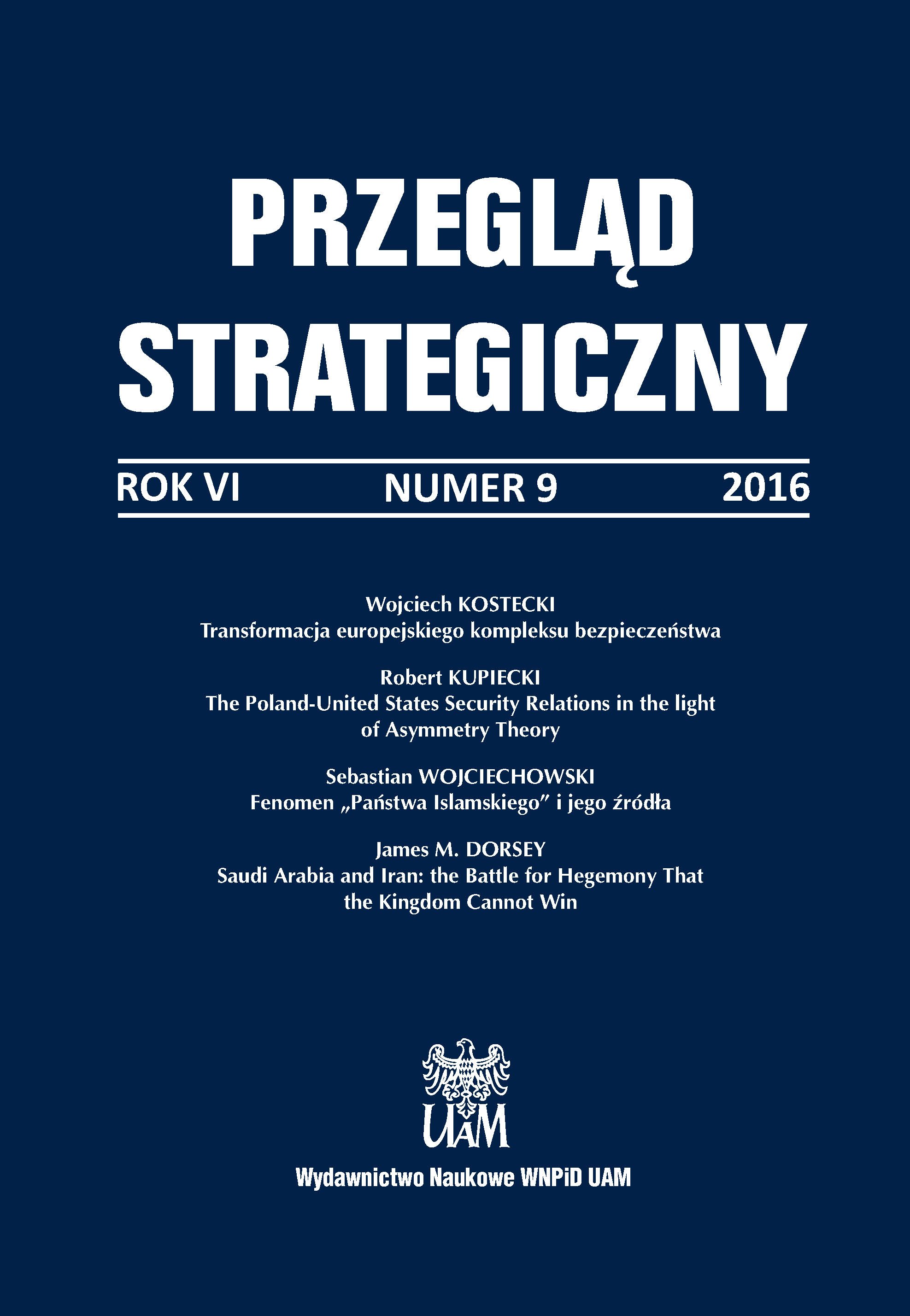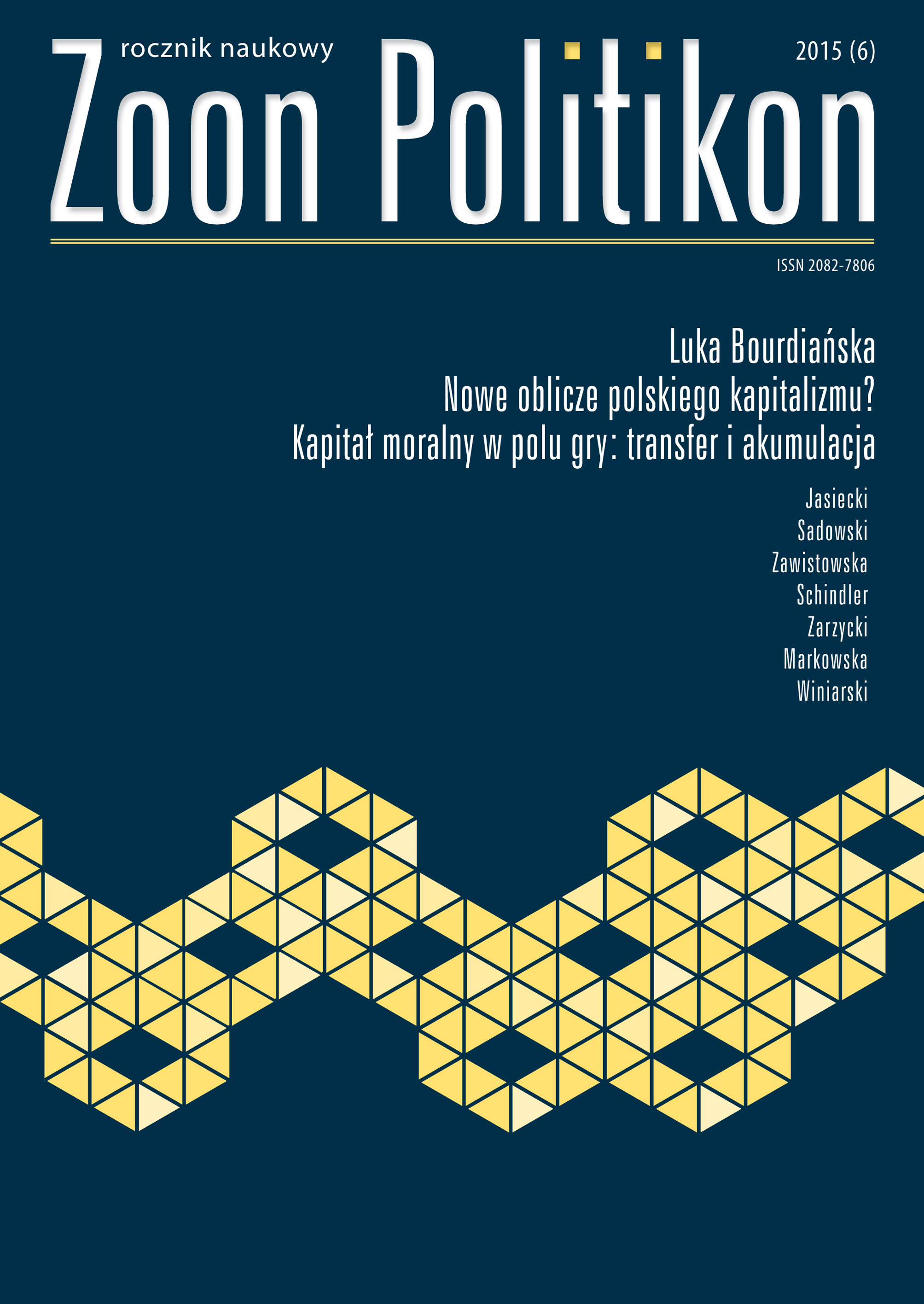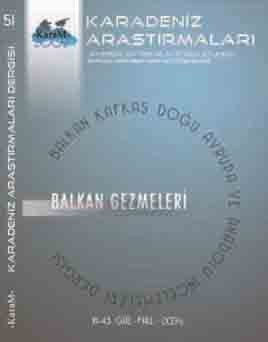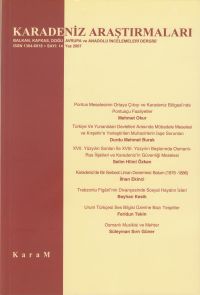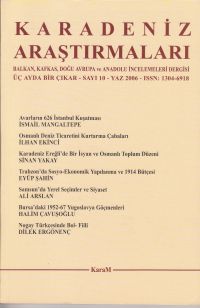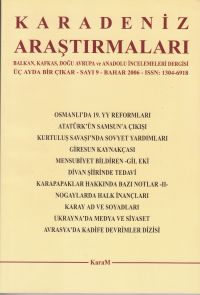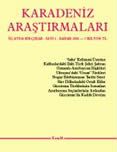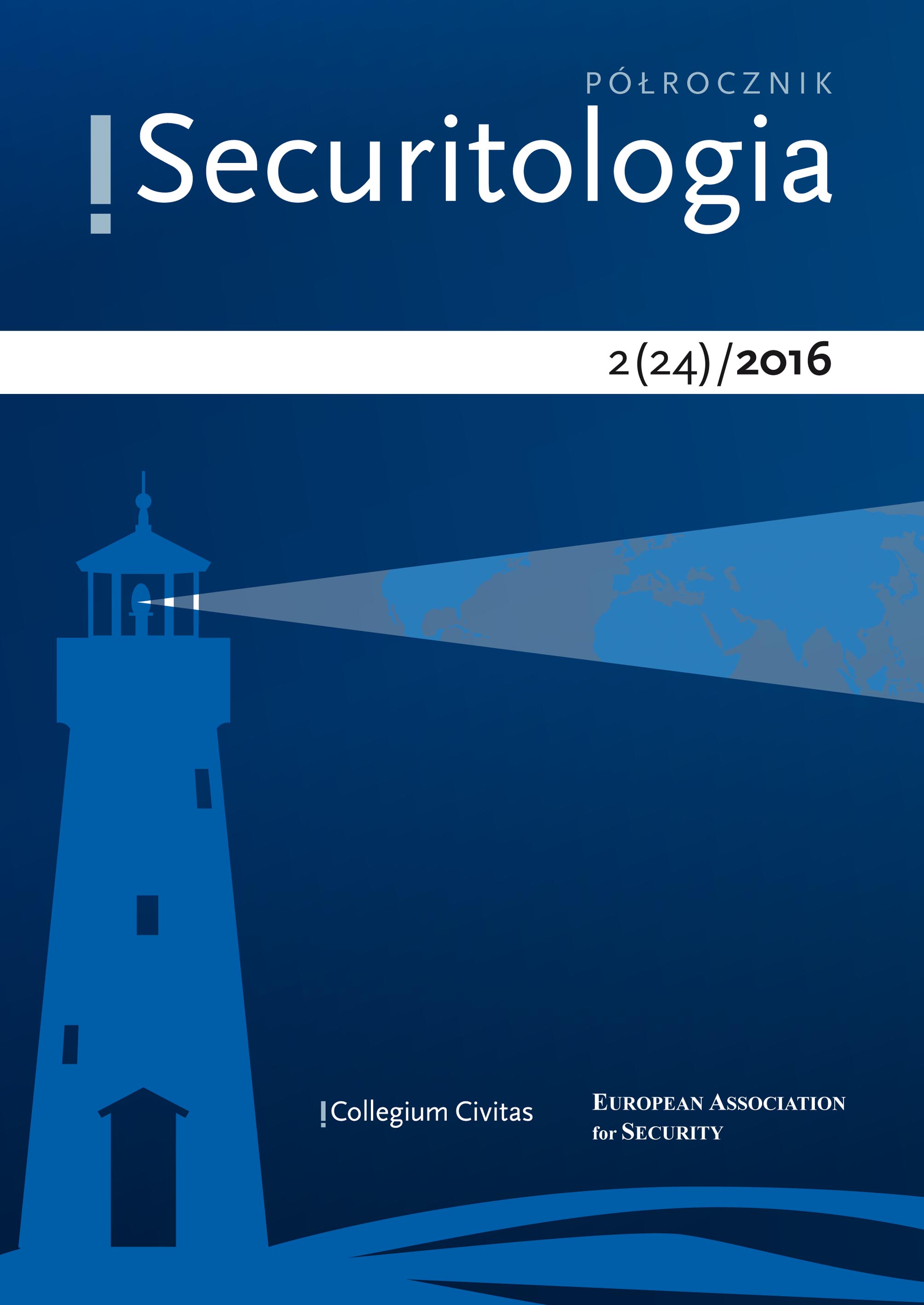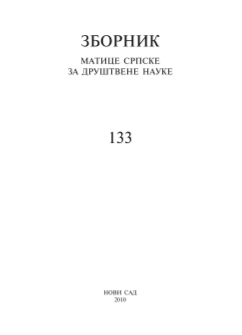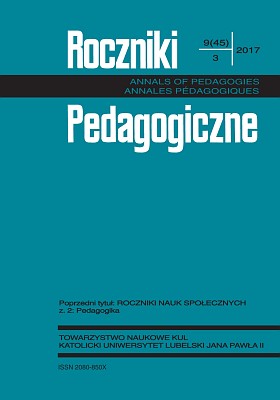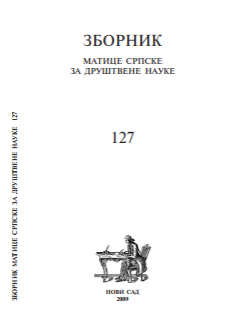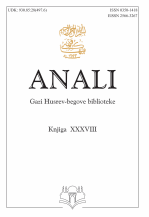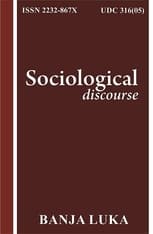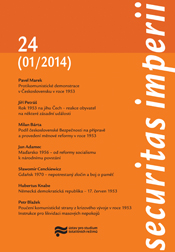
Protikomunistické demonstrace v Československu v roce 1953
In both Czech and general history, the year 1953 is one of the milestones of the development after the Second World War. The building of socialism in the Soviet bloc led to its first general crisis, marked by upheavals in political and economic fields as well as by open expressions of discontent of the population calling for regime change. Symptoms of destabilization also appeared in Czechoslovakia. The prelude to mass demonstrations, strikes and disorders, caused by the currency reform, was formed by protests in response to the campaign accompanied by the removal of monuments, busts and plaques commemorating and symbolizing T. G. Masaryk, the first Czechoslovak president and a co-founder and creator of the democratic Czechoslovakia. In Prostějov, the resistance of the population to his discrediting turned into a mass protest against the removal of the statesman’s statue-monument. On 10 April 1953, several thousand people gathered around the remains of Masaryk’s monument in the main square and in front of the Town Hall to attack the offices of the Municipal National Committee and to destroy the symbols of communist power in its interior. The representatives of the power only managed to restore peace at night, after the intervention of the armed forces. The drastic monetary reform, which deprived the entire population of their savings, became a new impetus for mass protests against the regime. Beginning on 1 June 1953, the monetary reform was accompanied by protests, especially in industrial plants, which became relatively large in scale and which resulted in a series of demonstrations, strikes or production stoppages. In several places, especially in Pilsen, Prague, Bohumín and Strakonice, the protests turned into street disorders connected with a number of excesses. Their participants not only criticized the monetary reform, but also called for free elections and a return to democracy. The analysis of events in Pilsen, which saw the largest protests as a result of the participation of workers from the former Škoda Factory (renamed V. I. Lenin Factory), showed that they were spontaneous demonstrations, i.e. a mass explosion of discontent the aim of which was not to take over power over the town. However, Prague’s communist elite viewed them as a prepared operation, and believed that it was organized by the “class enemy”, “reactionaries” (seen as the former members of non-communist parties, especially the Social Democrats), and members of the petty bourgeoisie deprived of power and wealth after 1948. As in the case of Prostějov and Pilsen events, the participants were severely punished, and both judicial and non-judicial repression was applied.
More...
